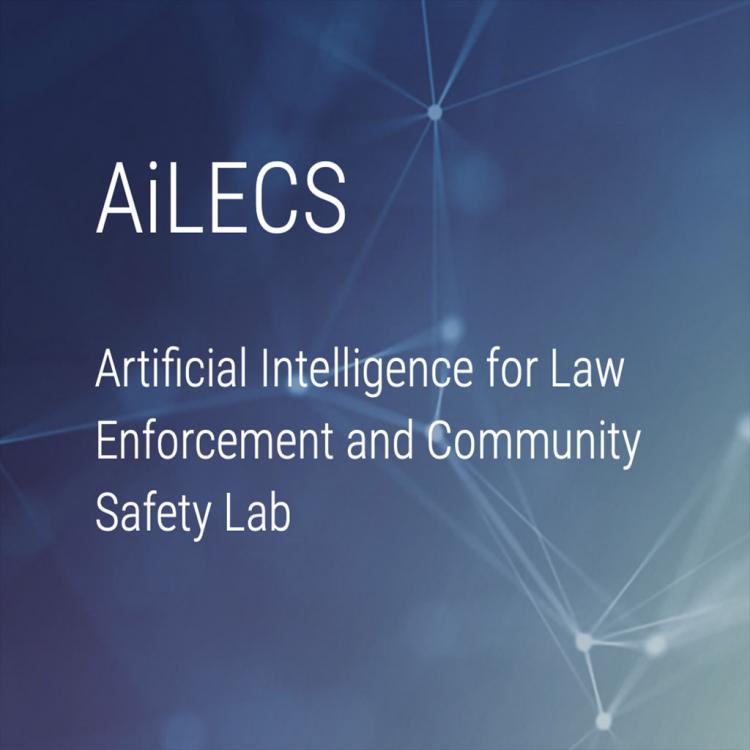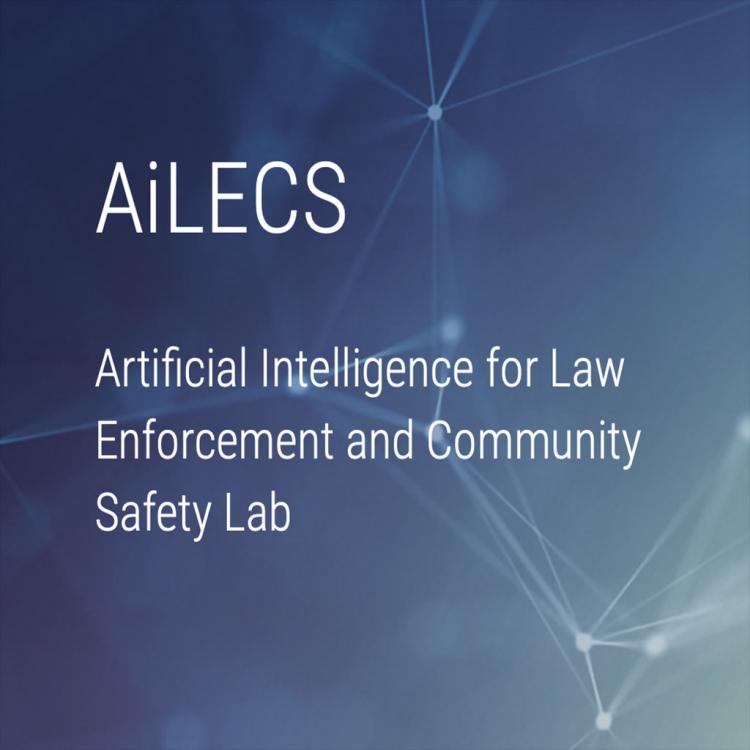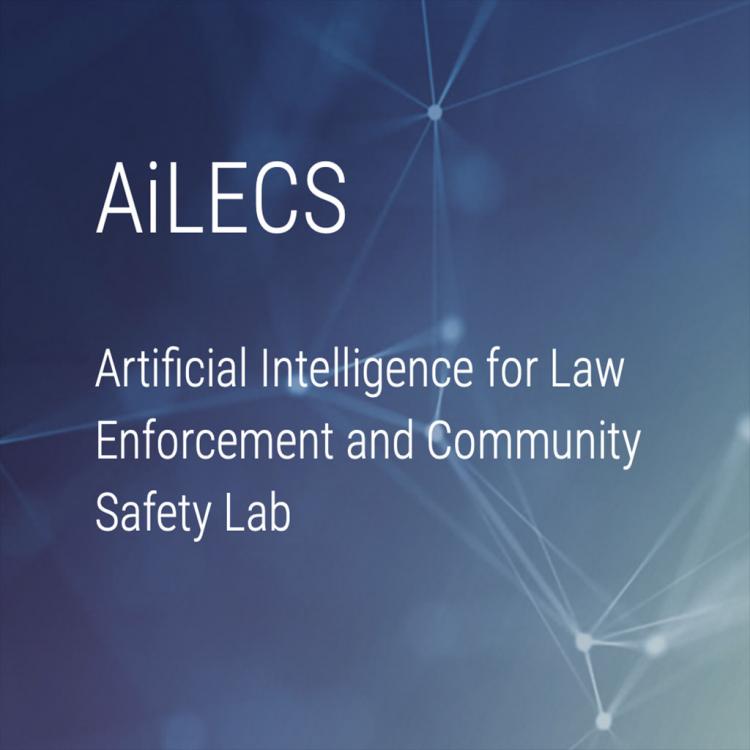The project involves design, implementation and evaluation of rule-based chatbot to support students when they study information from multiple texts, e.g., reading a few articles about global warming. The bot will support students' self-regulated learning skills which were theorised to promote learning achievements and boost motivation.
This research will unfold over the following 3 phases:
1. Reviewing the literature on self-regulated learning and creating a set of responses from the bot
2. Developing rule-based chatbot





